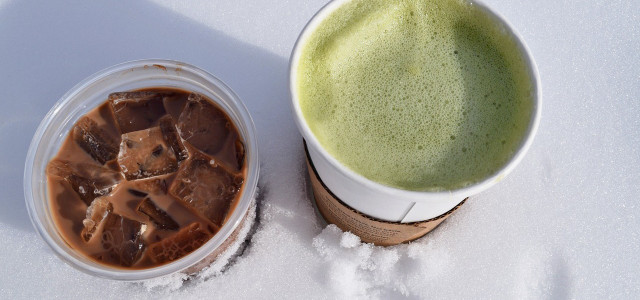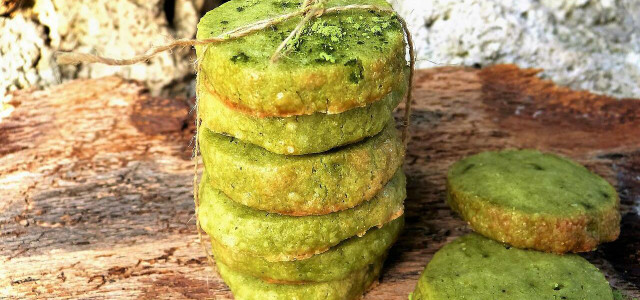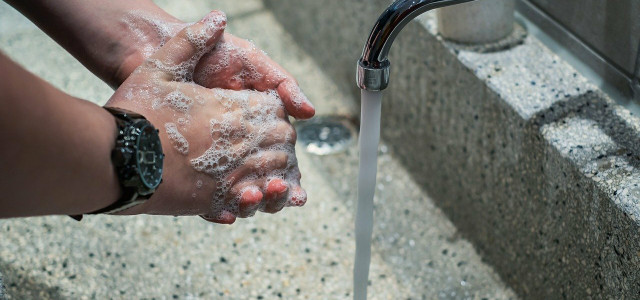Coffee and matcha are popular drinks for boosting focus and energy levels. Below, we'll discuss the health and sustainability aspect of both beverages.
Coffee consumption has skyrocketed in recent years, with 400 million cups of coffee consumed in the U.S. every day, making the country one of the world’s leading consumers of coffee. Meanwhile, matcha’s popularity has also increased as a superfood and a healthy alternative to coffee. Matcha is a very fine green tea powder made from pulverized leaves of the Camellia Sinensis plant. Its use originates from traditional Japanese tea ceremonies. We’ll compare the health and environmental impacts of coffee and matcha so you can decide for yourself which beverage is best.
Health and Environmental Impacts of Coffee
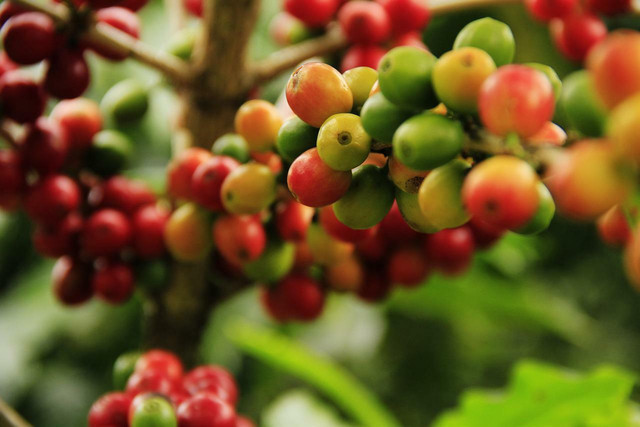


(Foto: CC0 / Pixabay / danramirez)
In terms of health impacts, the most significant negative effect of caffeine depends on how much you consume. For many people, drinking too much coffee increases anxiety, exacerbates panic attacks and disrupts sleep. This is due to caffeine’s effect on nerve cells, as the caffeine in coffee is released rapidly into the bloodstream within just 30-45 minutes. On a positive note, coffee is rich in antioxidants, which gives it anti-cancer properties. One cup of coffee contains between 200-550mg of antioxidants.
Coffee comes from the tropical evergreen plant Coffea. The seeds of some species of Coffea plant are the coffee beans we roast and grind to make our tasty beverages. Unfortunately, coffee production can alter tropical rainforest ecosystems, negatively affecting the native animal and plant species. Coffee plantations also demand a massive surge in water production. According to a study from UNESCO, 140 liters of water are needed to produce just one standard-sized cup of coffee. Buying fair-trade coffee is crucial, as environmental protection is one of its primary objectives.
In addition, 50 billion coffee cups are thrown away in the U.S. every year, adding large amounts of unnecessary landfill waste. Using reusable coffee cups is an easy way to combat climate change in your everyday life. You can also reduce waste by reusing coffee grounds for other purposes.
Health and Environmental Impacts of Matcha
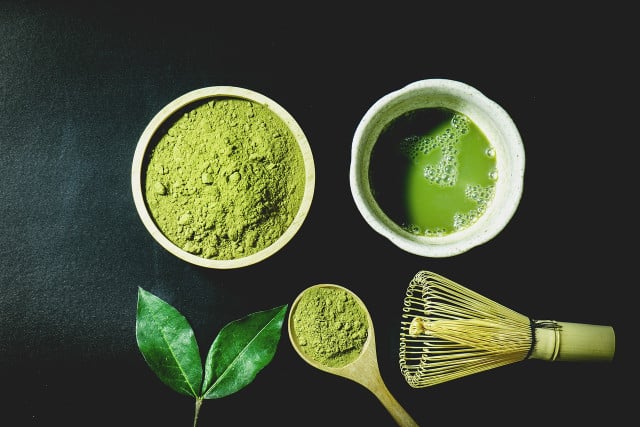


(Foto: CC0 / Pixabay / dungthuyvunguyen)
Matcha is richer in antioxidants than coffee. Consuming matcha is known to positively impact both physical and mental health. A 2021 study found that matcha potentially prevents a number of diseases and supports cognitive function. Matcha is rich in fiber and nutrients like vitamins A and C, potassium and chlorophyll, all of which promote good skin health. Matcha also contains L-theanine, an amino acid that can have anti-stress effects on the body. Furthermore, the caffeine in matcha is released over a six- to eight-hour period, a much slower and more balanced rate than coffee. The slow release of caffeine prevents adrenalin and insulin spikes, which is especially beneficial for people who get anxious after drinking coffee.
Tea is one of the most important cash crops in the world. It plays an important role in rural development and helps to reduce poverty and improve food security in developing countries. A typical Camellia Sinensis plant can live for half a century or longer. Additionally, matcha has a lower carbon footprint and its production uses less water than coffee. 8,856 liters of water are required to produce one kilogram of green tea, whereas almost 19,000 liters are required for the same amount of coffee. With regards to carbon emissions, 1.9 kilograms of carbon dioxide is required to produce a kilogram of green tea, whereas 15.3 kilograms is required to produce a kilogram of coffee.
Coffee vs Matcha: Which Is Best?
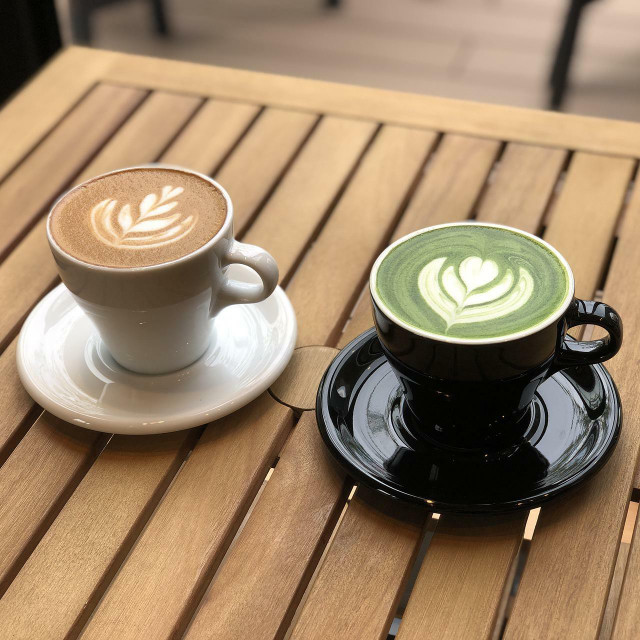


(Foto: CC0 / Pixabay / nilerubinacoffee)
As coffee and matcha are both loaded with antioxidants, they boast many similar health benefits. However, choosing matcha instead of coffee may be better for people who get anxious or jittery from drinking lots of coffee. Additionally, matcha has a lower impact on the environment and is thus more sustainable than coffee. Fair-trade coffee and matcha are often similarly priced, so replacing some of your cups of coffee with matcha may be beneficial.
Try our golden matcha latte recipe for a refreshing alternative to traditional coffee-based lattes.
Read on:
- Review: These Reusable Nespresso Pods Make Better Coffee
- Easy & Delicious Vegan Ice Cream Sandwiches
- Matcha vs. Green Tea: What’s the Difference?
Do you like this post?






